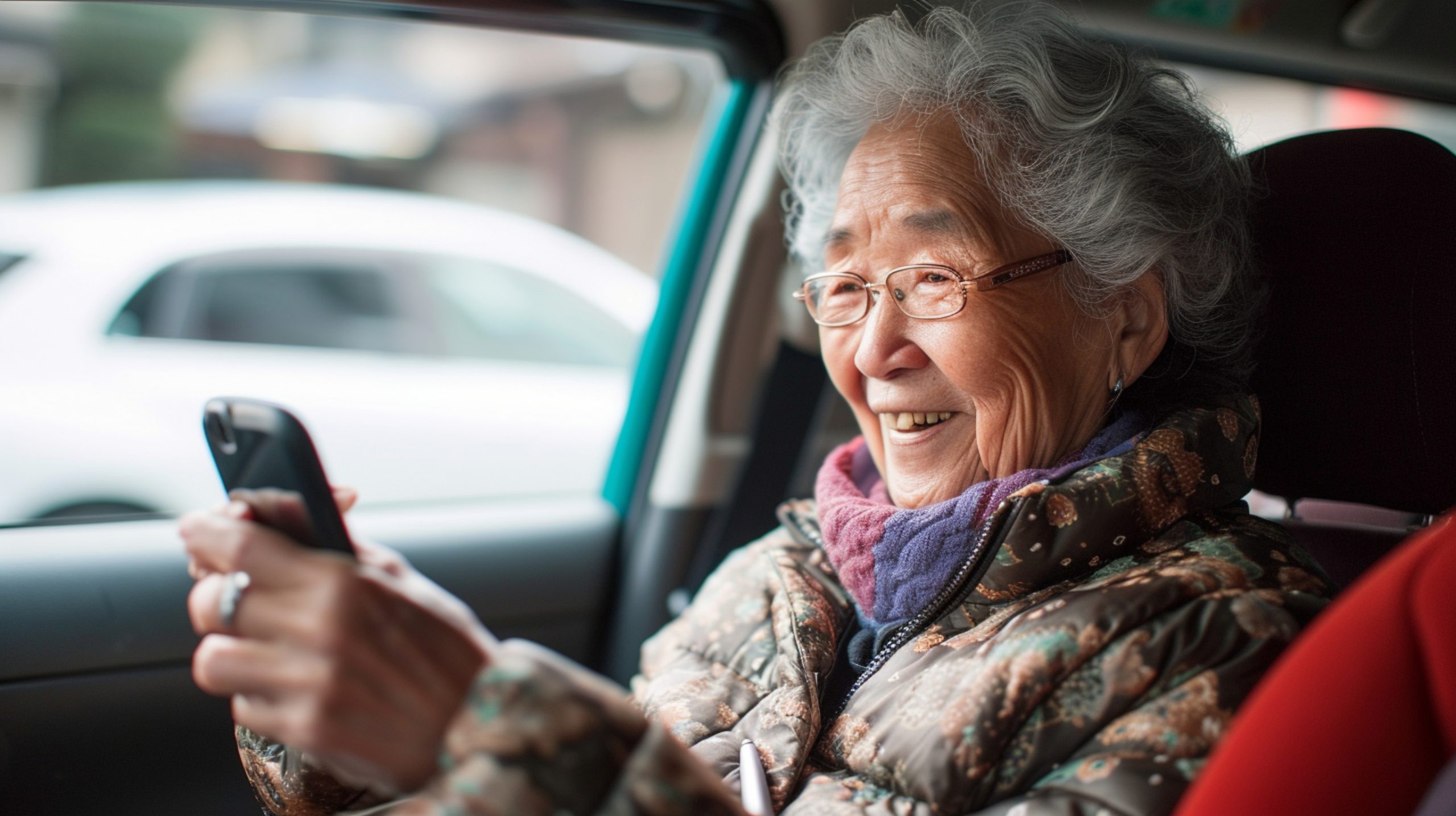
Rideshare apps like Uber and Lyft have transformed transportation, giving people quick and affordable ways to get around. For older adults, these services can provide vital independence when driving is no longer an option. But behind the convenience, there are hidden difficulties that seniors often encounter. From safety concerns to digital barriers, these obstacles can make the experience less smooth than it seems. Here are six hidden challenges seniors face when using rideshare programs.
1. Struggles With Smartphone Technology
Most rideshare services require downloading an app, setting up accounts, and using digital payments. For seniors less familiar with smartphones, this can be confusing or intimidating. Mistakes in booking rides or entering locations often lead to frustration or delays. Without patient support, the learning curve becomes a barrier. Seniors using rideshare programs may need extra guidance just to get started.
2. Safety Concerns During Rides
While most rides are uneventful, seniors often worry about safety when entering a stranger’s vehicle. Fear of scams, unsafe driving, or drivers not matching their profile can create anxiety. Seniors who feel vulnerable may hesitate to use the service at all. Extra steps like checking license plates or sharing ride details with family are essential. Safety worries are a significant challenge for seniors using rideshare programs.
3. Accessibility Limitations for Mobility Devices
Not every vehicle is equipped to handle walkers, wheelchairs, or scooters. Seniors with mobility challenges may find it difficult to get in and out of cars safely. Even when options for accessible rides exist, wait times are often longer and costs are higher. Lack of consistency in accessibility makes planning trips harder. This gap leaves many seniors frustrated when using rideshare programs.
4. Unpredictable Pricing and Fees
Rideshare pricing changes based on demand, distance, and time of day. For seniors on fixed incomes, sudden “surge” fees can create budget stress. They may also struggle to understand or anticipate extra charges. What feels affordable one day can become expensive the next. This unpredictability makes seniors using rideshare programs wary of relying on them.
5. Difficulty Communicating With Drivers
Language barriers, hearing loss, or unclear pickup locations often cause miscommunication between seniors and drivers. Missed calls or text messages can result in canceled rides. Seniors may feel rushed or uncomfortable explaining their needs. This challenge not only disrupts travel but also undermines confidence in the service. Clearer communication tools would greatly help seniors using rideshare programs.
6. Lack of Human Support When Problems Arise
Unlike traditional taxi services, rideshare companies rarely have live phone support. Seniors who struggle with apps or need immediate assistance often find it difficult to get help. Waiting for email responses or navigating chatbots can be frustrating. Without easy access to customer service, small problems become big obstacles. Seniors using rideshare programs often feel left on their own when issues occur.
Why Awareness Can Improve the Experience
Rideshare services can be a lifeline for older adults, but they’re not without hidden challenges. From technology hurdles to accessibility and safety concerns, seniors using rideshare programs face unique obstacles. Recognizing these issues helps families and communities provide better support. With awareness and planning, seniors can enjoy more independence without unnecessary stress. The future of ridesharing depends on making it work better for everyone—including seniors.
Have you or someone you know struggled with rideshare apps in retirement? Share your experiences in the comments.
You May Also Like…
- Should You Ever Name a Non-Family Member as Executor of Your Will?
- 6 Financial Conversations to Avoid During the Holidays With Family
- Why the Right Luxury Rehab Can Change Your Whole Future
- Are Religious Donations Now Taxed Differently in Retirement?
- Why Are Some Hospitals Refusing to Treat Seniors Without an Advocate Present?







